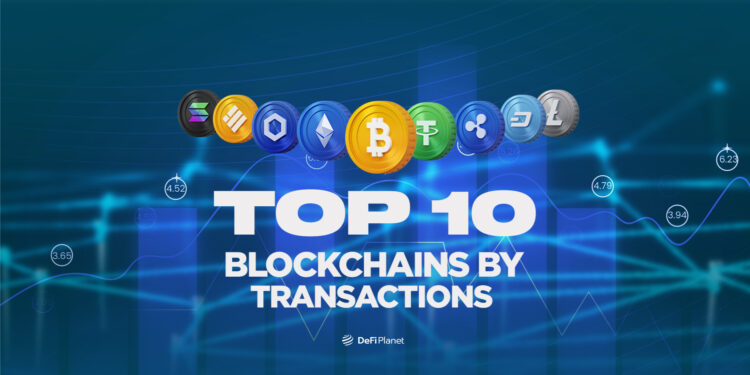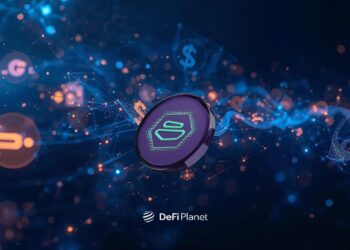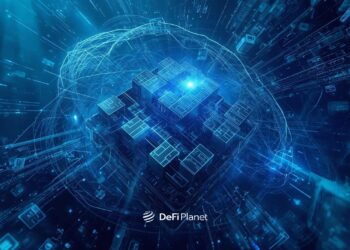In the future, we anticipate blockchain technology becoming as essential as the internet is today. That future is gradually unfolding and it’s interesting to see which blockchains are leading in on-chain transaction volume. More transactions on blockchains show that more people are using and trusting the technology.
This article explores the top 10 blockchains by transaction volume over the past 12 months, why they’re successful, and what makes them unique. We’ll also discuss how they could impact the digital economy.
Bitcoin (BTC)
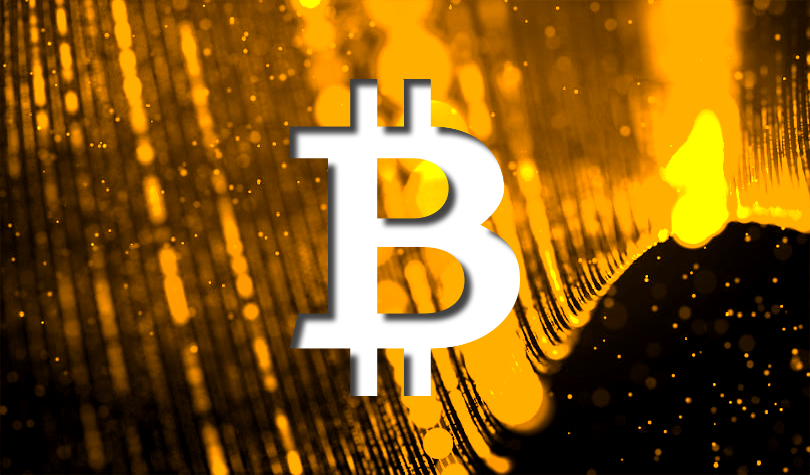
- Market Cap: $536.80 Billion
- Total Supply: 21,000,000 BTC
- 24 Hour On-chain Trading Volume: $11,741,298,388
Bitcoin, without a doubt, is the leading cryptocurrency today, thanks to its strong network, decentralized nature, and pioneering role in the digital currency landscape. It continues to dominate on-chain transaction volume.
Major catalysts of Bitcoin’s ongoing success include its widespread adoption as a store of value and, lately, as a medium of exchange. Major companies, financial institutions, governments, and financial regulators are increasingly acknowledging its potential as a reliable and secure digital asset. This growing acceptance solidifies Bitcoin’s legitimacy and sets the stage for a future where Bitcoin transactions become the norm.
The increasing popularity of decentralized finance (DeFi) applications built on the Bitcoin blockchain has also contributed to the rise in on-chain transaction volume. These applications, providing services like lending and yield farming, rely on on-chain transactions, boosting overall network activity.
Despite the promising growth in Bitcoin’s transaction volume, some challenges persist, particularly scalability. The blockchain needs a way to accommodate the growing number of transactions while maintaining decentralization and security. Solutions such as the Lightning Network are under development to address these issues.
This Layer 2 protocol enables faster and more cost-effective off-chain transactions, leveraging the security of the Bitcoin blockchain. If or when completed, the Lightning Network can handle a much higher transaction volume, easing congestion on the main Bitcoin blockchain.
Ethereum (ETH)

- Market Cap: $194,362,582,436
- Total Supply: 120,243,064 ETH
- 24 Hour On-chain Trading Volume: $4,609,449,137
Today, Ethereum is the leading platform for decentralized applications (dApps), showcasing a thriving ecosystem with growing on-chain transactions. Developers and users are drawn to its active community and continuous improvements.
Ethereum is robust, flexible, and programmable, making it the go-to option for building dApps. Its unique smart contract execution feature enables developers to create diverse applications, such as secure DeFi transactions, crypto trading, and immersive gaming experiences.
Ethereum’s Layer 2 solutions, designed to address scalability challenges, have played a crucial role in the chain’s growth. These solutions manage transactions away from the main chain, engaging with it only when necessary. This approach eases network congestion, resulting in faster transactions and lower fees.
The demand for Layer 2 solutions has increased as the Ethereum ecosystem expands. These solutions are not just a temporary fix; they are essential for the platform’s long-term scalability, efficiency, and sustainability. They ensure that Ethereum remains viable and can meet the growing needs of its users and developers.
Currently, the Total Value Locked (TVL) in Ethereum’s Layer 2s is an impressive $16 billion, and this figure is expected to rise as more chains join and liquidity increases.
Polygon (MATIC)
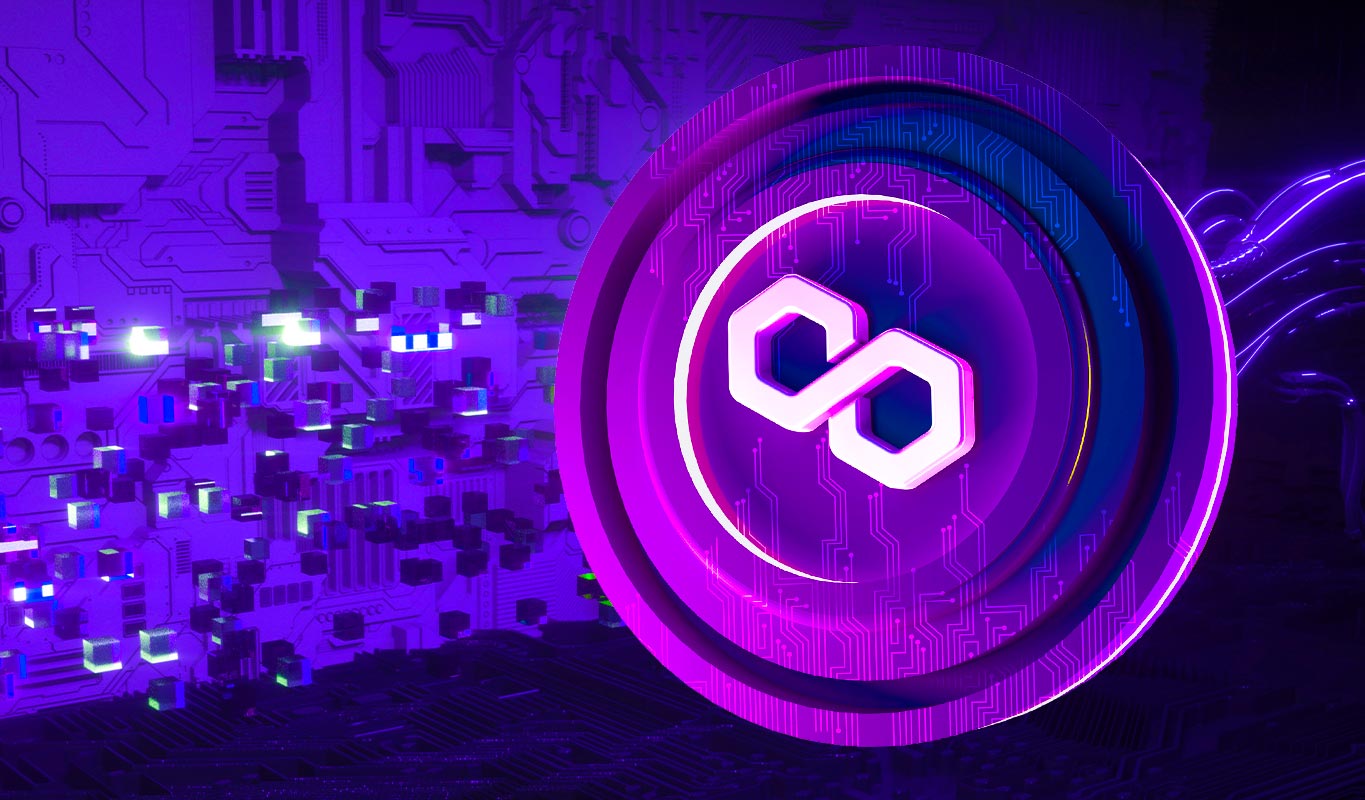
- Market Cap: $5,103,492,776
- Total Supply: 10,000,000,000 MATIC
- 24 Hour On-chain Trading Volume: $259,504,604
Formerly known as the MATIC network, Polygon is an interchain solution that facilitates seamless interaction between various blockchains. Its goal is to blend the flexibility and scalability of alternative blockchains with Ethereum’s security, liquidity, and interoperability.
Polygon’s increased transaction volume is attributable to the popularity of a new token type called PRC-20. Polygon users are minting large numbers of these tokens, e.g., POL. Unlike the typical ERC-20 token standard, PRC-20 tokens are created using transactional calldata.
This approach is inspired by Ordinals, a protocol used for creating tokens and NFTs on the Bitcoin network. Ordinals employ a process called “inscription,” associating data with individual satoshis across the Bitcoin network. In contrast, PRC-20s on Polygon use transaction calldata to generate tokens or unique NFT-like images embedded within network transactions.
Polkadot (DOT)
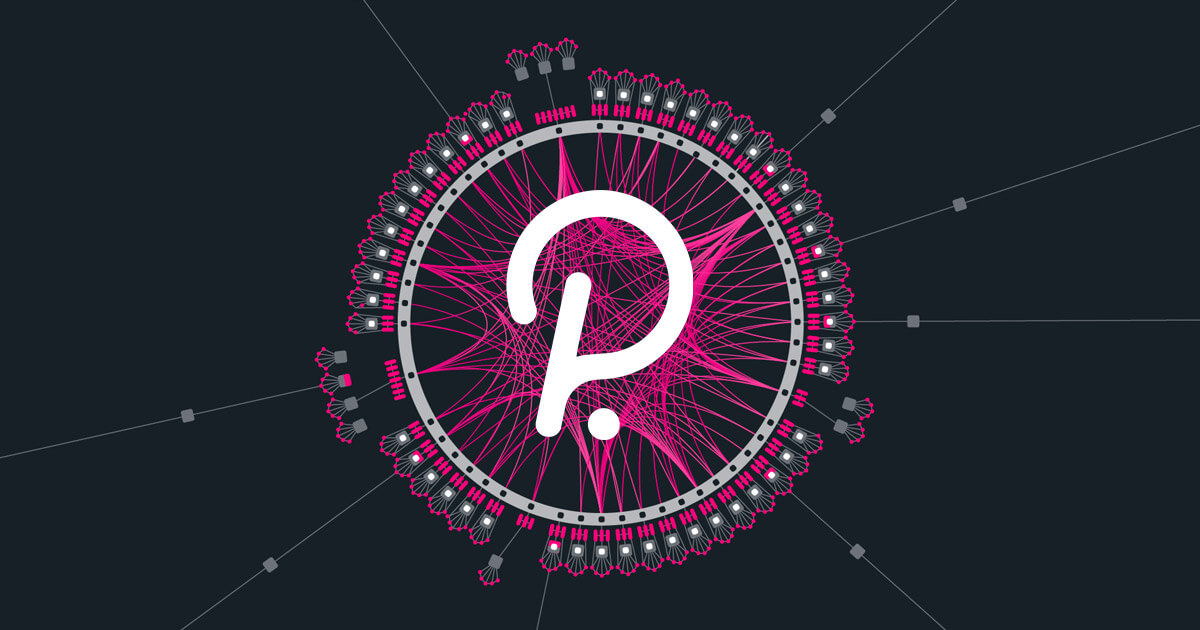
- Market Cap: $4,980,217,594
- Total Supply: 1,363,423,149 DOT
- 24 Hour On-chain Trading Volume: $57,343,959
With a mission to create a connected network of blockchains, Polkadot focuses on fostering interoperability and scalability. The platform’s innovative “parachain” architecture enables seamless communication and data sharing among blockchains within the Polkadot ecosystem.
This surge in activity is supported by Polkadot’s capability to handle 50 parachains simultaneously, demonstrating robust scalability and efficiency.
The recent surge in Polkadot’s transaction volume is attributed to the introduction of ‘data embeds.’ The concept was introduced earlier in 2023, similar to Inscriptions in Bitcoin Ordinals. This feature positively impacted the Blockchain’s current success as it actively encourages on-chain transactions, leading to increased revenue. Polkadot’s daily transaction count has been predicted to reach 3.6 million if the current trend continues.
Chainlink (LINK)

- Market Cap: $4,184,123,884
- Total Supply: 1,000,000,000 LINK
- 24 Hour On-chain Trading Volume: $203,272,325
Chainlink, a decentralized oracle network, plays a vital role in securely connecting smart contracts with real-world data. It acts as a bridge, enabling reliable and tamper-proof data feeds for decentralized finance (DeFi) applications. Chainlink’s on-chain transaction volume is significantly growing due to the escalating demand for reliable data feeds.
The importance of accurate and trustworthy oracles has become increasingly evident as the demand for these data feeds rises in the DeFi space. Its unique capability to provide secure and reliable access to real-world information positions it as a critical component in the blockchain ecosystem. This ensures the integrity and effectiveness of smart contracts by facilitating seamless data integration and minimizing the risk of data manipulation.
Avalanche (AVAX)

- Market Cap: $3,584,197,026
- Total Supply: 431,645,770 AVAX
- 24 Hour On-chain Trading Volume: $191,810,763
The Avalanche blockchain is designed with a focus on speed, scalability, and security. It uses a unique consensus mechanism called Avalanche Consensus, which ensures quick transaction confirmations. This blockchain is appealing to developers and users because of its emphasis on interoperability and support for smart contracts.
On November 19, 2023, the Avalanche C-Chain recorded a remarkable daily transaction count of 2.3 million, a 1500% increase from its previous daily average of 450,000. The boost in on-chain transactions was mainly driven by the introduction of a new digital asset type called ASC-20 tokens, which contributed to more than 95% of this increase.
ASC-20 tokens, similar to BRC-20 tokens, use inscription to embed data on the blockchain. According to Jacob Everly, a technical product manager at Ava Lab, ASC-20 tokens efficiently store information on-chain by transcribing it within a transaction’s call data. This approach provides a cost-effective alternative to the ERC-20 standard on Ethereum.
Binance Chain (BNB)

- Market Cap: $32,423,666,183
- Total Supply: 153,846,055 BNB
- 24 Hour On-chain Trading Volume: $348,742,685
Binance introduced BNB to improve compatibility with Ethereum. Over time, BNB has gained popularity due to its unique benefits, and one major advantage is its lower transaction fees. This cost-effectiveness makes BNB an attractive choice for users, leading to more projects moving to the BNB platform.
In addition to cost savings, BNB offers faster confirmation times, making transactions settle more quickly. This improved speed enhances the overall user experience and supports more efficient interactions in decentralized applications.
BNB has seen significant adoption in the DeFi space, especially because of its compatibility with Ethereum. DeFi projects can leverage the existing Ethereum ecosystem while enjoying the benefits of BNB’s lower fees and faster confirmations. This dual advantage makes BNB a compelling option for developers looking to create and deploy DeFi applications.
With a substantial market cap, increasing on-chain trading volume, and widespread appeal among users and developers, Binance Chain (BNB) continues to strengthen its position as a formidable player in the cryptocurrency landscape.
Solana (SOL)
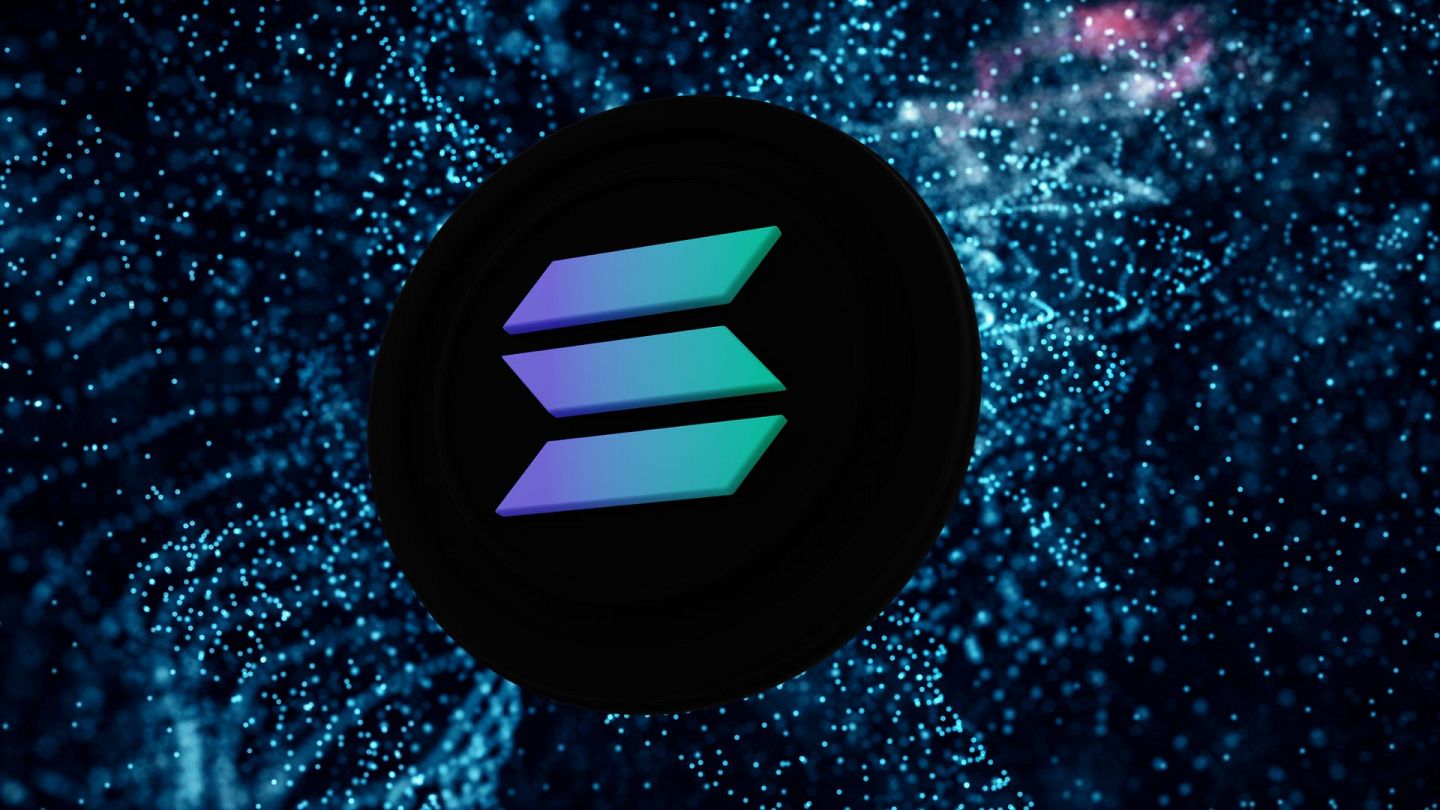
- Market Cap: $9,419,149,837
- Total Supply: 559,159,388 SOL
- 24 Hour On-chain Trading Volume: $363,764,646
Solana is a high-performance blockchain known for its fast transaction speeds and low fees. Its scalable architecture, achieved through a combination of proof-of-history (PoH) and proof-of-stake (PoS) consensus algorithms, has attracted significant attention from developers and users.
In 2023, Solana experienced a significant increase in on-chain transaction volume, partly due to its growing popularity in the NFT space. Projects such as DeGods, Solana Monkey Business, Degenerate Ape Academy, Galactic Gecko, and Taiyo Robotics have chosen Solana as their platform of choice for building their ecosystems.
As more projects join Solana’s expanding ecosystem, on-chain transaction volumes are expected to rise even further. Solana’s advanced features, developer-friendly environment, and increasing popularity in the NFT space make it a blockchain worth keeping an eye on for future advancements and increased transaction activity.
Cardano (ADA)
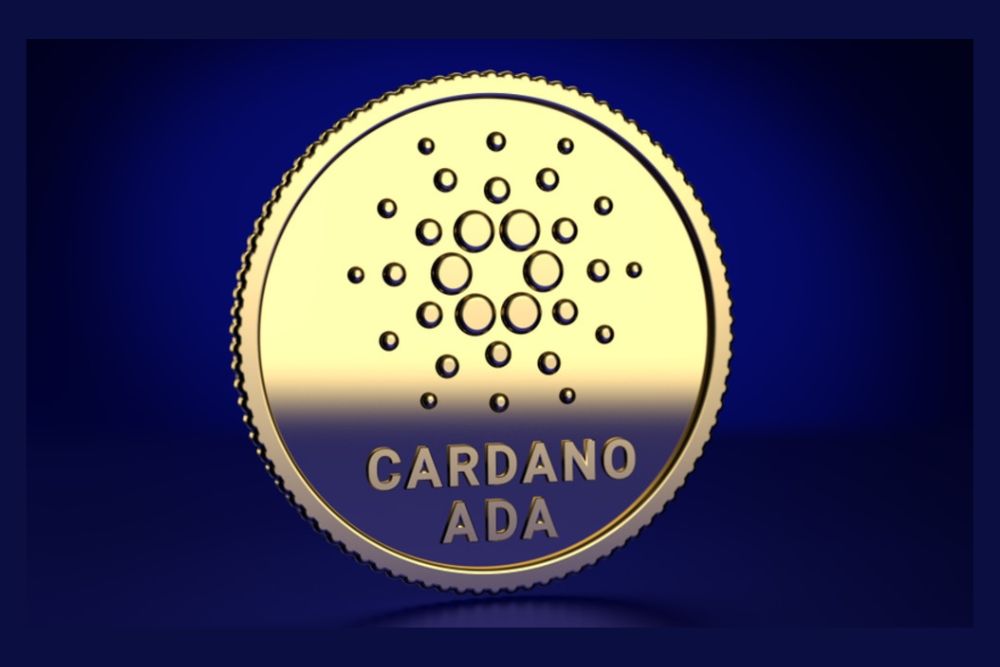
- Market Cap: $9,169,765,320
- Total Supply: 36,229,014,790 ADA
- 24 Hour On-chain Trading Volume: $103,441,850
Through consistent development, research-driven initiatives, and increasing adoption, Cardano is establishing itself as a key player in the blockchain industry. Its ability to accommodate diverse, decentralized applications is driving higher transaction volumes on its network.
Projects are leveraging its secure and scalable infrastructure to provide innovative solutions across various industries, including finance, supply chain, identity verification, and more.
Cardano’s commitment to research-based development adds to the confidence in its ecosystem. Cardano positions itself as a trusted platform for building secure and reliable blockchain applications by focusing on peer-reviewed technology advancements. This approach not only attracts developers and projects but also fosters a community that values innovation, robustness, and scalability.
With ongoing refinements to its protocols and the introduction of new features, Cardano should expect significant growth in on-chain transaction volume.
Tron (TRX)

- Market Cap: $7,859,238,962
- Total Supply: 89,023,299,242 TRX
- 24 Hour On-chain Trading Volume: $165,207,457
TRON is a leading blockchain with a large and active global community dedicated to establishing a truly decentralized internet. The TRON Protocol, one of the world’s largest blockchain operating systems, employs an energy-efficient dPoS consensus mechanism. This collaboration with key partners like Samsung, Opera, Poloniex, Swisscom Blockchain, and more ensures high throughput, scalability, and availability for decentralized applications within the TRON ecosystem.
TRON’s TRC20 protocol currently has the world’s highest stablecoin circulation, nearly 36 billion USDT for on-chain transactions. Tronix (TRX), its native coin, offers versatility, allowing content consumers to pay creators for in-game assets, serve as gaming currency, reward content creators, or enable additional access purchases.
Disclaimer: This article is intended solely for informational purposes and should not be considered trading or investment advice. Nothing herein should be construed as financial, legal, or tax advice. Trading or investing in cryptocurrencies carries a considerable risk of financial loss. Always conduct due diligence.
If you would like to read more articles (news reports, market analyses) like this, visit DeFi Planet and follow us on Twitter, LinkedIn, Facebook, Instagram, and CoinMarketCap Community.
“Take control of your crypto portfolio with MARKETS PRO, DeFi Planet’s suite of analytics tools.”

